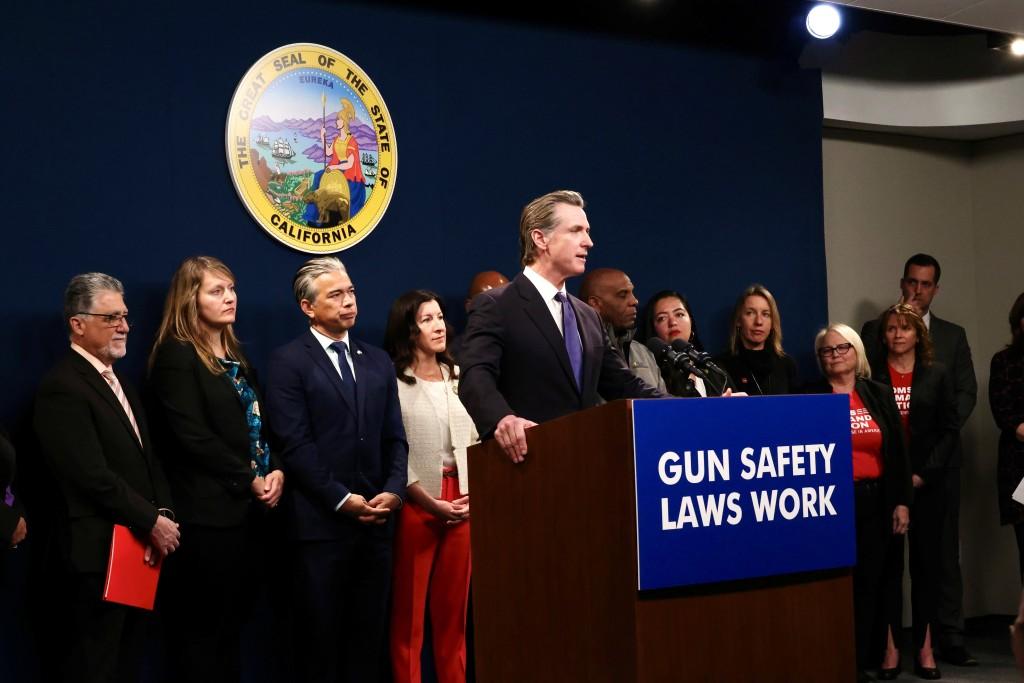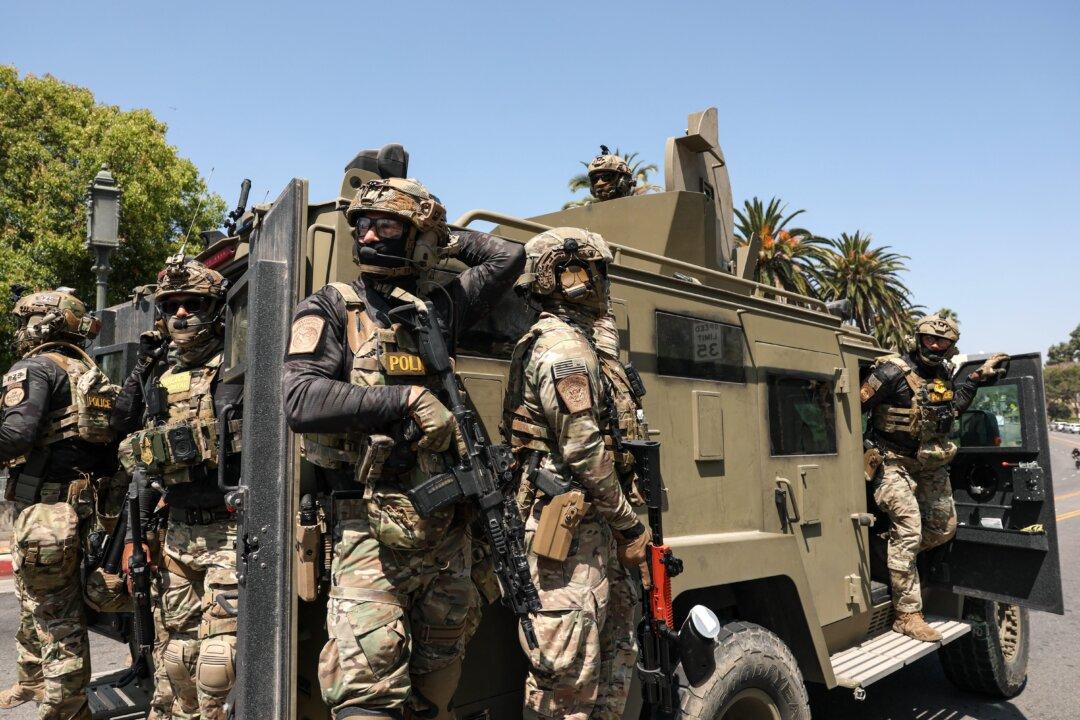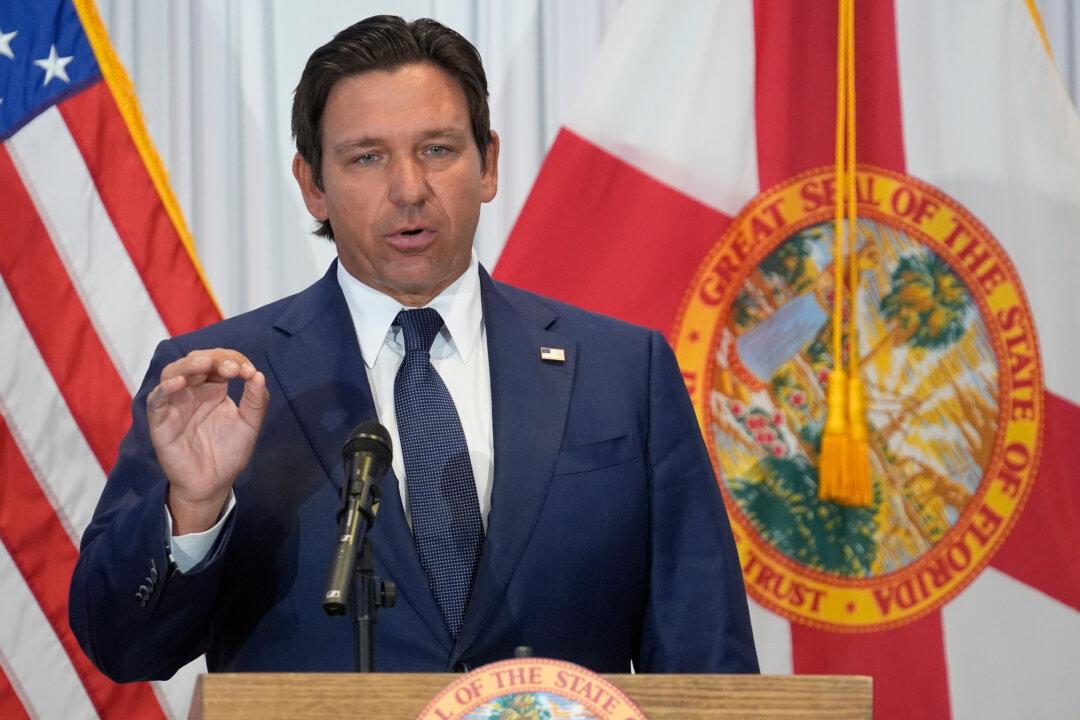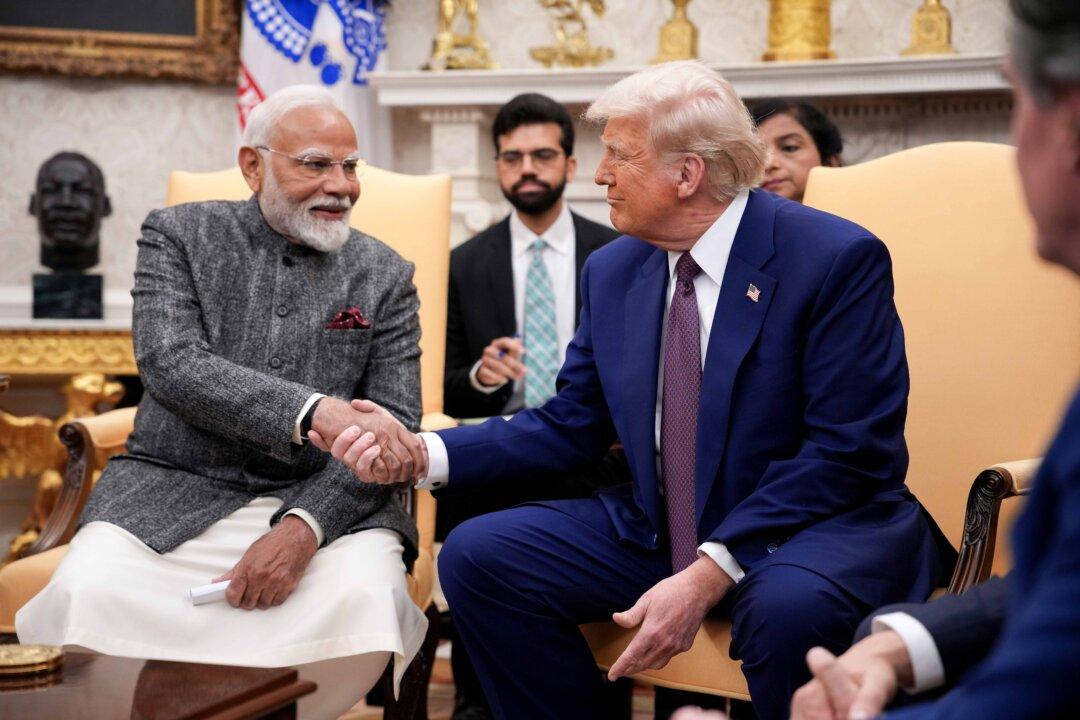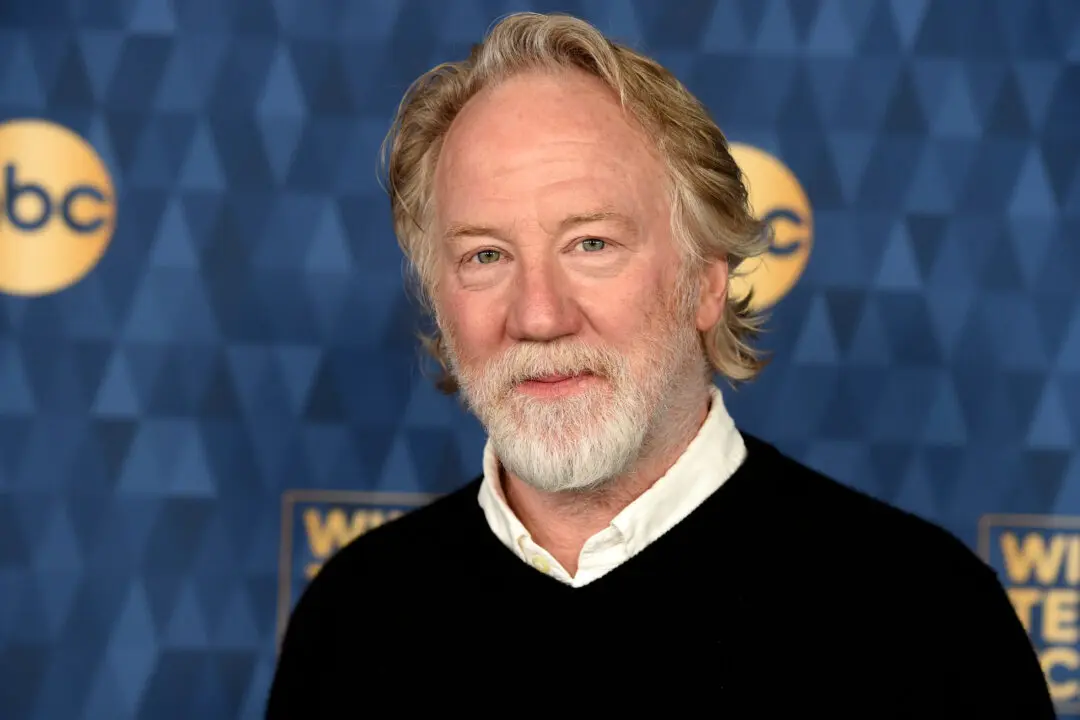California Democrats will try again this year to strengthen concealed carry laws following a string of shootings in the state.
Gov. Gavin Newsom joined other high-ranking Democrats Feb. 1 in a press conference to announce the reintroduction of legislation that would raise the legal age of firearm purchases to 21 and increase requirements for concealed weapons permits. It would also expand the number of places permit holders can carry firearms.
